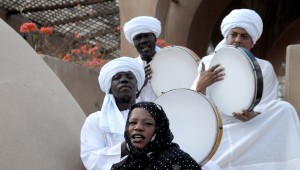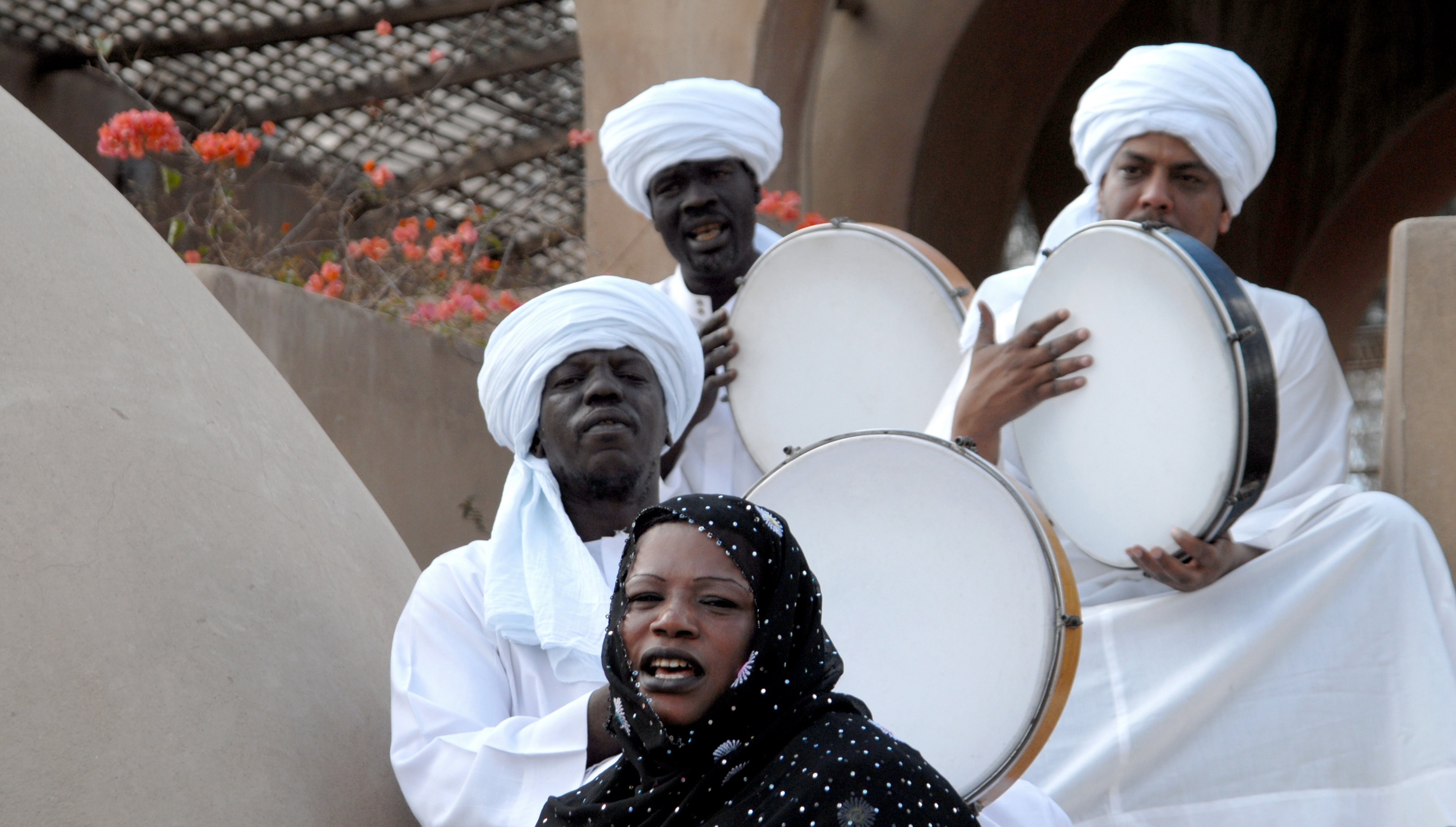 Life has been rough for Egypt’s Nubian population lately. While organisations such as the Egyptian Nubian Association for Lawyers have made great strides in organising the population and ensuring that the land of the displaced is not auctioned off, the situation is far from ideal.
Life has been rough for Egypt’s Nubian population lately. While organisations such as the Egyptian Nubian Association for Lawyers have made great strides in organising the population and ensuring that the land of the displaced is not auctioned off, the situation is far from ideal.
The Nubians deal with their problems as everyone else does. Some protest. Some give in meekly. Some let the rage consume them. Finally, a few sing. Even fewer are actually good at it.
Nubia has always been characterised by a proximity to nature that cannot be matched by cities. Farmers by trade, they structure their lives around the seasons, and the Nile gives them lifeblood. This engenders some of the most primal, heartfelt music ever heard using some of the simplest instruments, such as drums.
Their songs and accompanying dances vary wildly in style and purpose. Songs are more upbeat with wilder, more complex rhythms when they mark the birth of a baby or the celebration of a birthday. Songs that marked the death of loved ones- called Azaa– were slower and more heartrending. The dance called Ferri was inspired by the natural world, meant to mimic the movement of fish through the waves.
NubaNour was founded in Cairo in 1962 by El Said Gamal, just two years shy of the construction of the Aswan High Dam that led most Nubians to lose their lands. Their repertoire has expanded from simple songs of love and nature to accommodate the terrible sorrow experienced by most Nubians, songs of nostalgia and songs that evoke memories of their past lives.
NubaNour will take to the stage a final time today at El Mastaba Center before shipping off to the UK to perform in the World of Music Arts and Dance festival, so catch this historic and one-of-a-kind performance before the inevitable advancement of human rights rectifies the Nubians’ situation and their music is no longer as mournfully beautiful.




